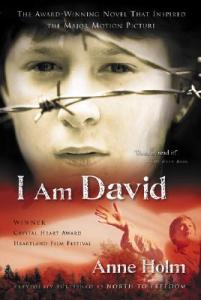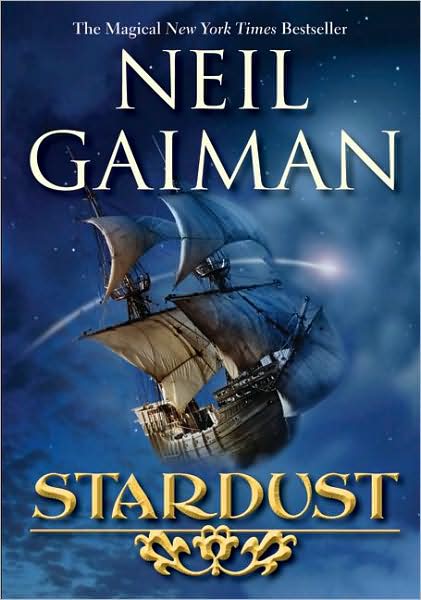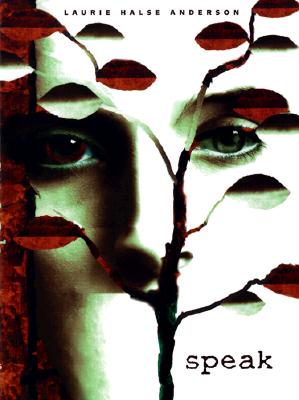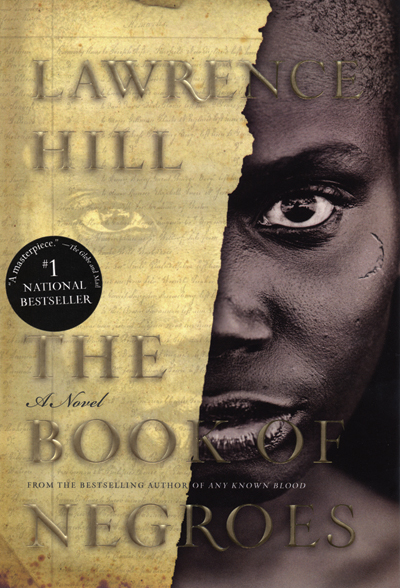
I recently finished The Best Laid Plans by Terry Fallis. I could see this book being a humorous introduction to Canadian Politics. Its a pretty quick read and I thought very funny. The characters are story line were pretty thin but I’d still recommend it as a light hearted way to discuss both politics and literature.
Some of the questions I see coming from the book are…
What is honor?
How can we change what’s wrong?
Is any plan foolproof?
Who is the real you?
What is your dream job?
How do you promote a cause?
How do candidates get your vote?
What divides a nation?








